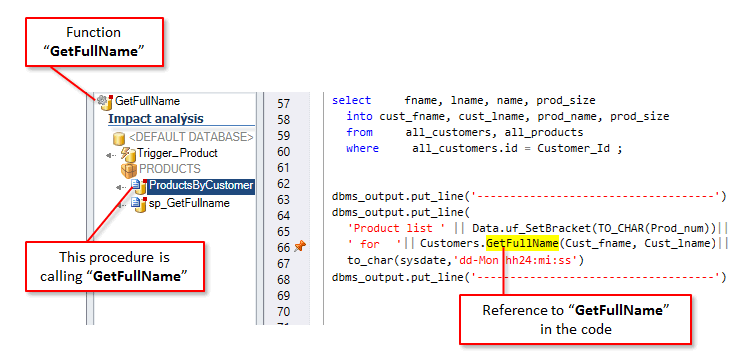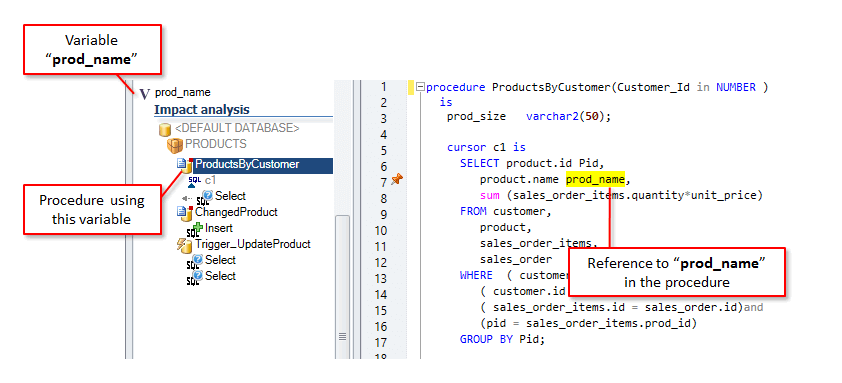Challenges Faced in Modularizing a Complex Oracle Application
Increasing Code Complexity
Years of modifications and extensions led to overwhelming code complexity, making it nearly impossible to implement changes without affecting other critical components, significantly slowing response times to business needs.Operational Risks
The application's monolithic nature increased operational risks. Every update required extensive testing to ensure that changes didn’t affect existing functionalities, slowing the development cycle.Incomplete Documentation
Outdated and incomplete documentation slowed the onboarding of new developers, increased debugging time, and heightened the risk of errors.Need for Modularization
The financial institution decided to modularize the application to overcome these challenges. This involved refactoring the code to create standalone modules with well-defined interfaces, allowing independent updates and reducing the risk of errors during modifications.Solutions Proposed with Visual Expert
Visual Expert for Oracle provided a complete solution to address the modularization challenges, with specific features that facilitated the understanding, refactoring, and management of complex code. Explore the improvements achieved through Visual Expert, from faster deployment cycles to reduced debugging time, highlighting the tangible benefits for Oracle application performance.
1. Application Mapping and Modularization Planning
The first step was to use VE to generate architecture and data flow diagrams that visually represented the application’s structure.
These interactive diagrams allowed the organization’s architects and developers to visualize the interactions between different modules and plan how to break them into standalone units with clear interfaces. This mapping helped identify critical integration points and guided strategies to isolate modules while maintaining the integrity of data flows.
For more details, you can visit the Visual Expert application mapping page.
2. Advanced Impact Analysis
After mapping the application, the team used VE’s impact analysis tools to map relationships and dependencies between database objects (such as tables, views, and stored procedures) and PL/SQL code.
A full static code analysis was performed to identify direct and indirect dependencies, including procedure and function calls as well as interactions through triggers. This step helped detect the cascading effects of potential changes, pinpoint strong coupling areas, and document these dependencies to manage changes effectively and minimize errors.
More information on Visual Expert’s Impact Analysis features is available online.
3. Automated Documentation
To facilitate information sharing between teams and ensure future maintenance, VE was used to automatically generate comprehensive and up-to-date documentation of the application.
This documentation included detailed descriptions of database objects, stored procedures, functions, triggers, and views. By automating this process, the client ensured that all stakeholders had the necessary information to understand the system’s functionality and architecture, reducing the risk of human errors and improving overall code quality.
For more information, visit the Visual Expert - Code Documentation page.
4. Collaboration through a Shared Repository
Collaboration between the client and the technology partner was enhanced by establishing a shared repository using VE’s collaborative features.
This setup improved coordination among development teams by allowing multiple developers to work on the same modules, sharing real-time information, and ensuring consistency in the code versions used. This collaborative approach boosted productivity by streamlining development and maintenance efforts.
For more information, see how VE helps manage access control for Oracle projects to collaborate and review PL/SQL code.
5. Code Review and Security
Alongside the modularization process, the team used VE to conduct thorough code reviews.
These reviews aimed to identify redundancies, violations of best practices, and potential vulnerabilities, thereby strengthening the system’s security and reliability. Improving code quality was a priority to prevent future failures and reduce long-term maintenance costs.
See how Visual Expert can assist with code review.
Results Achieved
Visual Expert for Oracle empowered the organization and its partner to transform a legacy system into a dynamic, modular application, reducing operational risks, cutting development times, and future-proofing the platform for ongoing innovation.
Onboard
2xfaster
Bugs
40%fewer
Review
50%faster
Deploy
30%faster
Errors
50%fewer
Next Steps
Building on the success of modularization, the next phase will focus on optimizing the application’s performance. By leveraging Visual Expert’s insights, the team will reduce processing times, enhance efficiency, and deliver a faster, more reliable user experience - ultimately reducing operational costs and further improving scalability.










